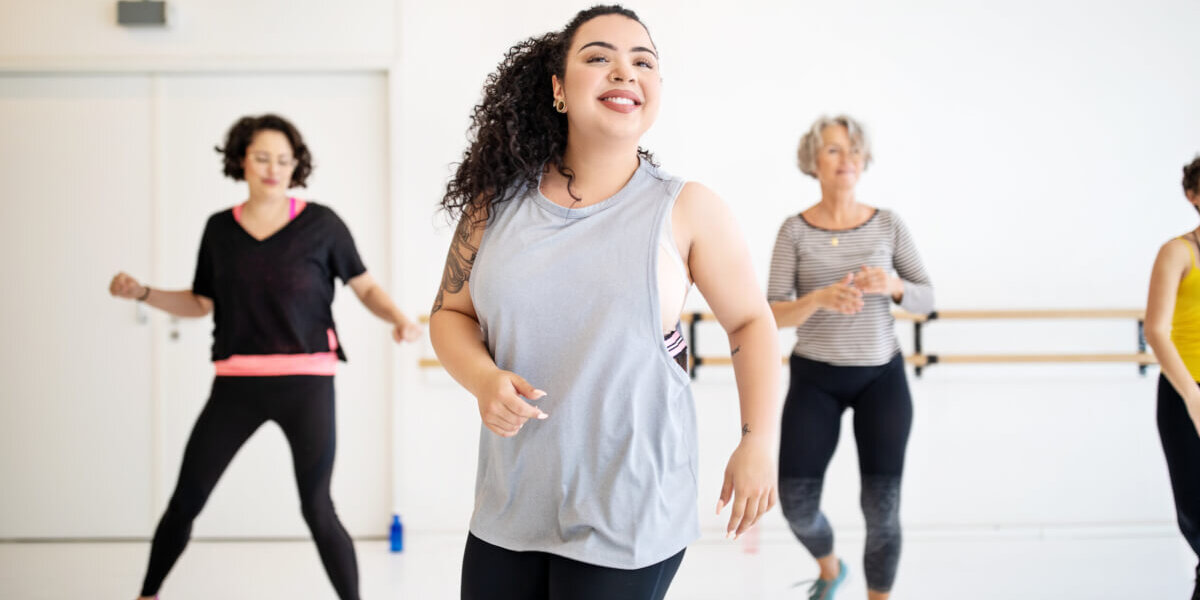Whatever stage of life you are in, you can make changes that can have a positive impact on your health. Let’s take a look at how you can help maximize your health at any age:
- Twenties: Develop healthy habits early to lay a good foundation for the rest of your life. Make a habit out of regular visits to a health care practitioner (at least once a year). Try to develop a lifelong habit of exercise; skip the soda and extra sugars; and increase your vegetable intake. If you don’t already, now is the time to start taking a multivitamin. Taking a multivitamin regularly will help to ensure you are getting the nutrients you need.
- Thirties: Learning to balance the demands of family and self can be a challenge at this age. Work to connect meaningfully with others, as those connections will help support you throughout your life. Bone and muscle loss (incredibly) start now, so making sure you are exercising and getting enough calcium is essential. Learn how to sit less and move more, and establish exercise as a way of life.
- Forties: If you haven’t made regular doctor visits a priority, now is the time to start this habit. It is a good idea to know your common health numbers (cholesterol, blood sugar, blood pressure). Metabolism tends to slow in this decade, so learning how to maintain a good muscle mass (a large part of metabolism) and a healthy weight will serve you in future years. Stretching, yoga, and meditation can be good practices to incorporate into your health regimen. Add fish oil to your routine (if you haven’t already)—it is good for your heart and your brain, especially as we age.
- Fifties: The two biggest health concerns for this age group are bone mass and heart health. Bone mass is a concern for women because bone loss accelerates greatly in the first 5- 10 years after menopause. Heart health is a major concern for everyone but can impact women’s health disproportionately. Make sure you have a good bone health routine (including sufficient calcium and regular exercise) in place. Soy is another good protein that helps to support heart and bone health.
- Sixties and beyond: Retirement presents a challenge for some, so you may want to prepare for the transition by reaching out to family, friends, and other social groups (many people report less social interaction with retirement). Exercise not only helps us physically but can serve as an emotional outlet as well. Aim for at least 30 minutes of physical activity most days.
While each stage of life is different, it is important to remember that paying attention to your health is a lifelong commitment. This is true of heart health (still the top health concern for women), bone health, mental health, blood sugar control, and weight management.
Staying healthy can be a challenge at any age, but you can greatly reduce the risks of many common conditions by practicing these healthy habits throughout your life.






